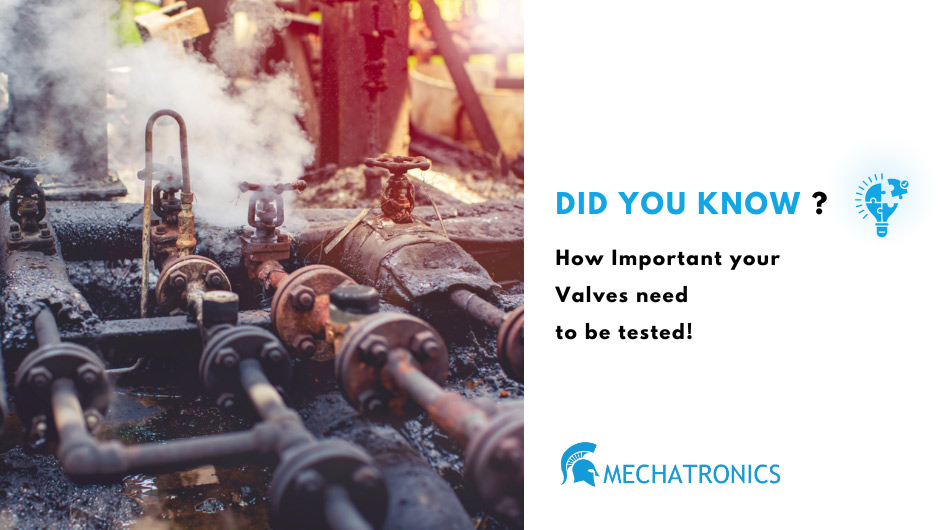
The Crucial Role of Valve Testing in Ensuring Operational Excellence
In the intricate world of industrial machinery, valves silently bear the responsibility of regulating fluid and gas flow. Their reliability is paramount, and that’s where valve testing comes into play.
Why Valve Testing Matters
Valves must meet stringent leakage standards to function effectively. Conducting regular valve testing and inspections, preferably every 12 months, becomes imperative to ensure they remain in top-notch condition. The frequency of these checks varies based on factors like the valve’s age, condition, and type.
Understanding Valve Testing
Valve testing is a meticulous process designed to evaluate the health and condition of operational valves. It involves various tests and inspections to guarantee both functionality and safety.
Highlighted Features of Our Valve Testing Facility:

- Valve Size Capability: Up to 12 Inches
- Hydrotesting Pressure Range: 0-700 Bar
- Hydro Pressure Tests
- Pneumatic Pressure Tests
- Nitrogen Pressure Tests
Key Leakage Tests
- Valve Seat Leakage Tests
- Back Seat Tests
- Valve Closure Tests
- Shell Leakage Tests
Adhering to Standards
Valve testing follows industry standards like API 598, API 594, API 6D, EN 16662.6 and more, ensuring consistency and reliability.
Quality Control: A Manufacturing Pillar
Valves play a pivotal role in diverse fields, and even the slightest malfunction can disrupt operations. The quality control procedure for valves becomes integral, ensuring they are defect-free and meet defined quality standards.
Mechatronics Group with over 25 years of expertise, offers global valve testing services and ensures your valves meet high standards







